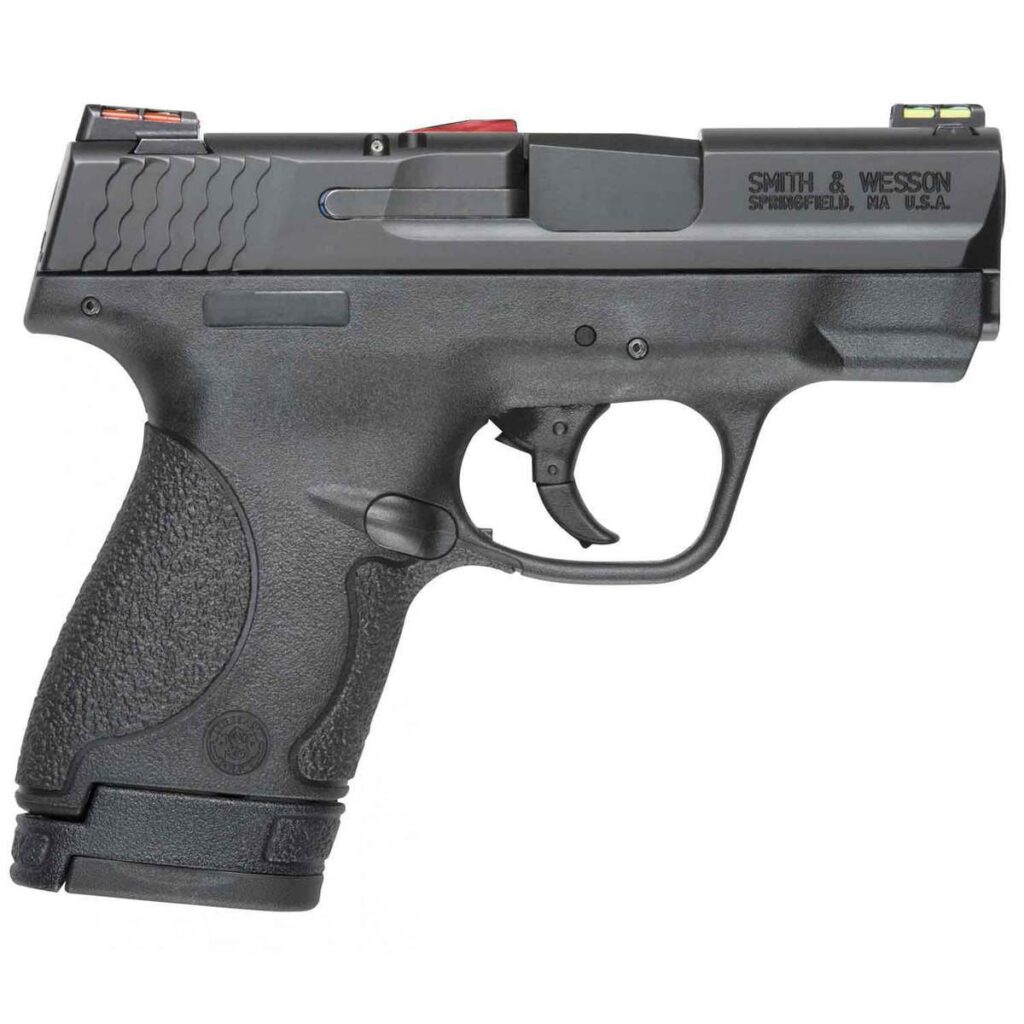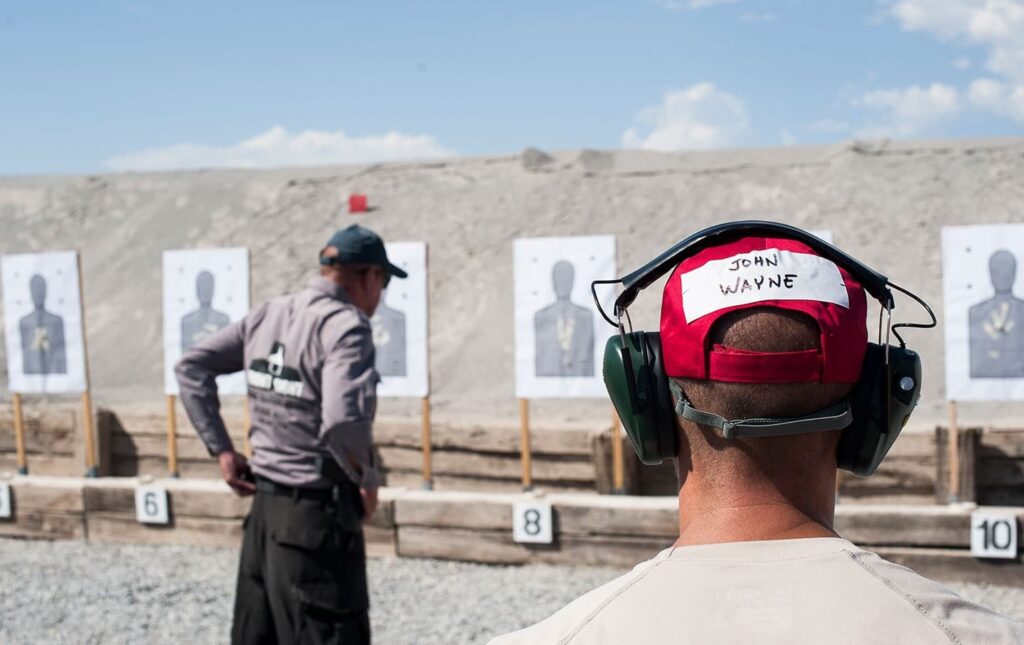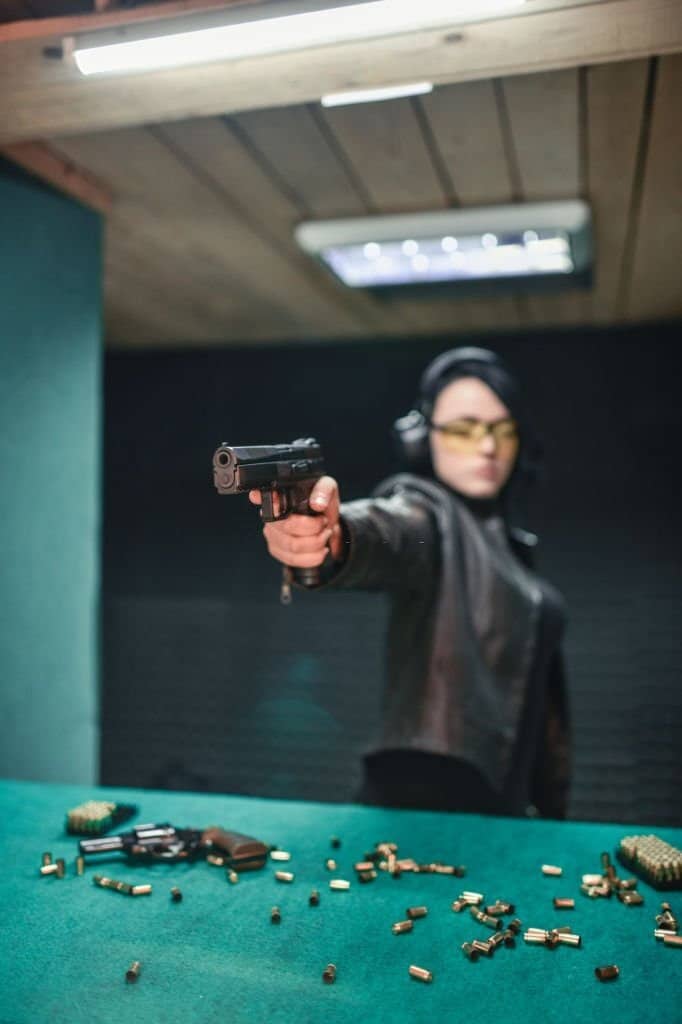So, you believe you might be ready to buy a new gun? You’ll almost certainly have questions to Ask Before purchase a Gun, whether it’s your first or hundredth. There are as many different gun styles and calibers as there are fish in the sea, so it’s critical to take the required precautions to ensure you obtain the correct handgun for you.
With handguns, it’s easy to get caught up in, and even overwhelmed by, the numerous options available. Do you want a hammer or a striker to be used? A revolver or a semi-automatic? Is the frame made of polymer or steel? Full-size or small?
You can see that there are several alternatives, and that doesn’t even consider the manufacturer or the dreaded caliber wars.
Questions to Ask Before Purchase a Gun:
Trying to select which pistol is best for you based on those questions might easily lead down too many rabbit holes and become irritating. Instead of chasing your tail and getting lost in the weeds of surface inquiries, consider answering fundamental questions that will help you determine which pistol is best for you.
First: What Is My Goal?
“Why?” is the first and most crucial question. Why am I purchasing a firearm? Is it intended for target shooting? Is it intended for competitive shooting? Everyday use? What about at-home defense?
You’ve removed a lot of firearms that aren’t perfect possibilities if you know for certain why you want to buy this gun. There’s nothing stopping you from shooting competitively with your primary home defense gun; however, you probably wouldn’t want to utilize a competition gun for home defense. These are two distinct goals, and it is critical that you identify how you intend to use your pistol in order to select the best gun for the job.
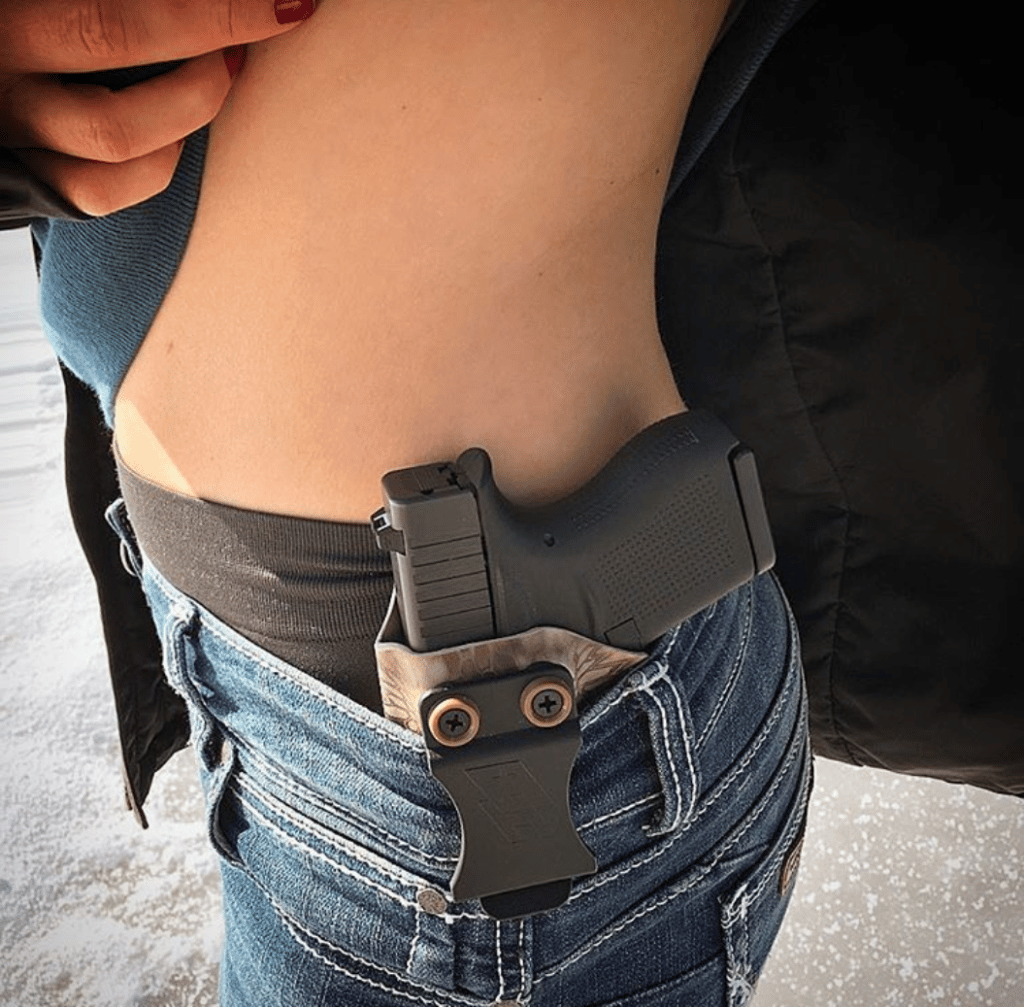
Second: What is my financial situation?
As unfortunate as it may be, the solution to this question will also provide answers to many other questions. While we all want the most blinged-out firearm to be the envy of our friends, the truth is that we can’t always afford it. Knowing what we can afford will save us a lot of heartache in the long run. More importantly, it can assist in narrowing the pool of candidates and possibilities.
One thing to remember is that your budget does not only include the gun. Budgeting should include items such as ammunition and accessories. Holsters for everyday carry firearms, extra magazines, and even fast loaders for revolvers are all expenses that must be budgeted for. It doesn’t matter whether you bought a gun within your budget if you can’t afford to carry or shoot it. While identifying the goal of your purchase might help you reduce some extraneous costs, a gun is never a one-time buy, so plan for the subsequent costs as well.
Third: Am I Comfortable with It?
To a significant extent, the answer to this question appears to be just personal preference. However, this can also be used to remove specific gun designs and calibers.
Some guns may only be available in a caliber that you dislike or that does not feel right in that gun. For example, the .45 caliber feels completely different when fired from a steel-framed pistol than it does when fired from a polymer gun. Similarly, the .40 caliber may not feel wonderful when fired with a striker but feels fantastic when discharged with a hammer. You might even enjoy a gun in one caliber but dislike it in another. Never be hesitant to say, “That gun isn’t for me,” since chances are it won’t grow on you if you don’t like it right away.
If you aren’t comfortable with the gun, you won’t carry it. You’re not going to practice with it. You will not be able to compete with it. You will not do it, regardless of why you bought it.
Pass it up if it feels too huge or little in your hands, is too powerful, or you simply don’t like the ergonomics. Whatever the gun’s reputation, how many people use it, or which famous shooter promotes it, if it’s not for you, it’s not for you.
Fourth: Can I Photograph It?
This question works with the prior one. Besides being comfortable with your new gun in terms of the previously described aspects, you must also be able to shoot it efficiently. This applies to firearms with which you are otherwise familiar. No matter how fantastic the pistol feels to you, if you’re more accurate with another gun, this one might not be the best choice for you.
Every gun has natural tendencies, points of aim, and points of impact. When all other variables are considered, the gun with which you are naturally better at shooting is the preferable pick. Certain firearms are more natural to hold and manipulate for some persons than others. While this isn’t a significant point of differentiation, if you find you shoot better with particular gun models, it’s a good idea to limit your options to those.
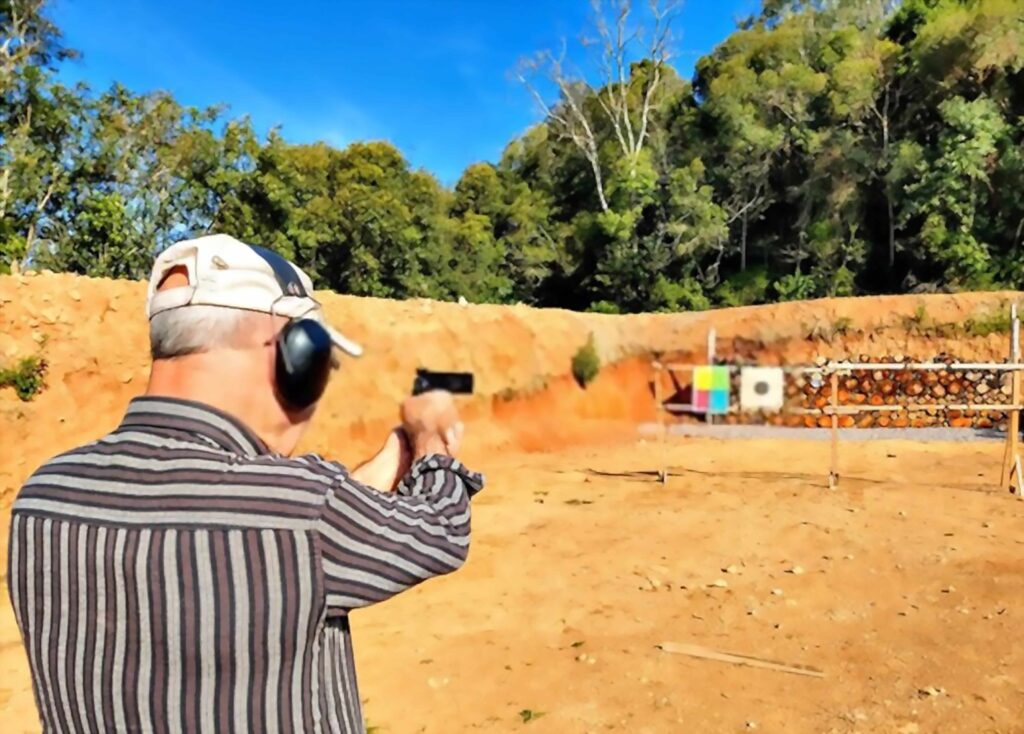
This is especially true if you are new to the game. New shooters must make the most of their shooting time, and if you’re naturally a better shot with a specific sort of pistol, that can help you progress. If you’re continuously shooting slightly off, it might lead to annoyance and, eventually, a problem. If you are frustrated every time you go to the range, it becomes a negative rather than an enjoyable pastime. Your urge to continue diminishes over time.
Fifth: What is my level of expertise?
Regardless of the gun’s intended use, a beginner shooter will have very different requirements than an experienced one.
Consider the barrel length. A rookie shooter can require a longer barrel than an experienced shooter. Even novice shooters who are reasonably accurate may have minor poor habits that would be magnified by a smaller barrel. When the distance between the sights is reduced, the intricacies of grip and sight alignment become far more critical than when the barrel is longer.
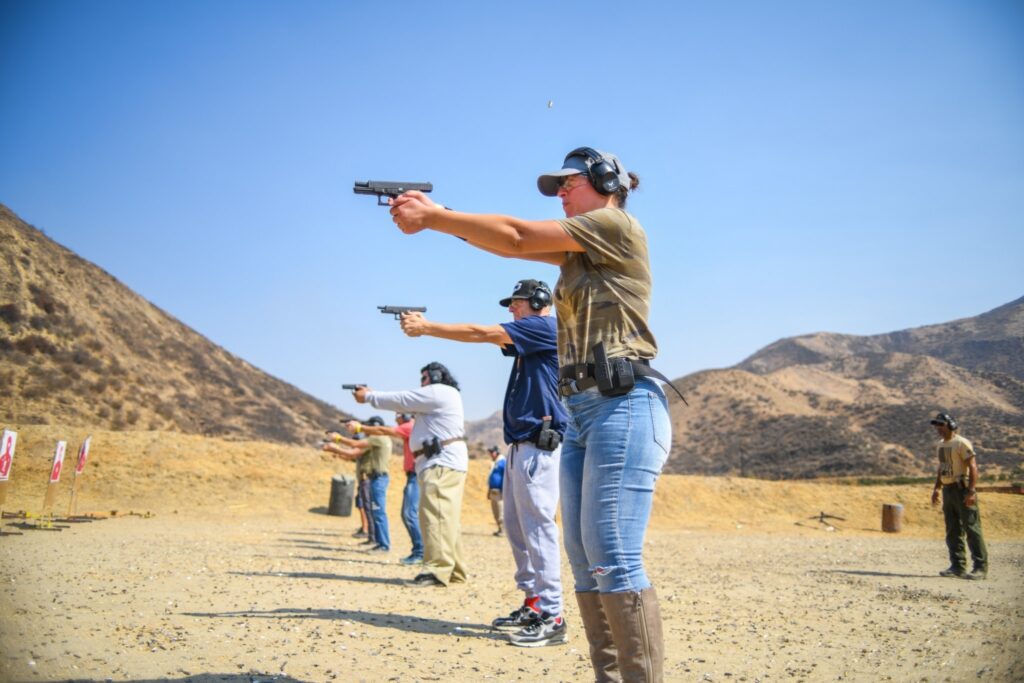
An expert shooter, on the other hand, may require more modularity and accessories than a rookie shooter. Adding accessories to the gun to meet specific demands can increase the weight of the handgun, which a more proficient shooter may be able to manage better. Advanced shooters may also add weight or accessories to specific areas to aid in certain tasks, like an as faster draw or target acquisition, although this may cause a novice to develop poor habits. You never want your gun to compensate for things you might be doing incorrectly, and some modifications can disguise poor basics. Learn those first, and then add the extras.
This question about skill level relates to all elements of gun ownership. It’s not a case of separating novices from sophisticated guns; rather, it’s an attempt to determine which pistol best meets your needs. Just because you’re new to competitive shooting doesn’t imply you can’t compete; newcomers enter the circuit all the time.
Also, just because you’ve only shot competition doesn’t mean you need to purchase a beginner-level defensive firearm. Taking your ability level into account merely helps you fine-tune your option. If you’ve answered all of the other questions and are trying to decide between different firearms, you can narrow down your options by eliminating guns that aren’t relevant to your skill level.
While these aren’t the only concerns you should have, they can help you limit your options. Remember, there is no such thing as the ideal firearm. However, there may be a suitable gun for you. Whatever you get, remember to train with it, be careful, and have fun.
Can you buy a gun through Amazon?
NO, Amazon prohibits the listing or sale of all firearms
What do I need to buy a gun in Oklahoma?
The only requirements are as follows:
1. You must be 21 years old
2. You must show proof of residency
3. You must pass a federal background check.

